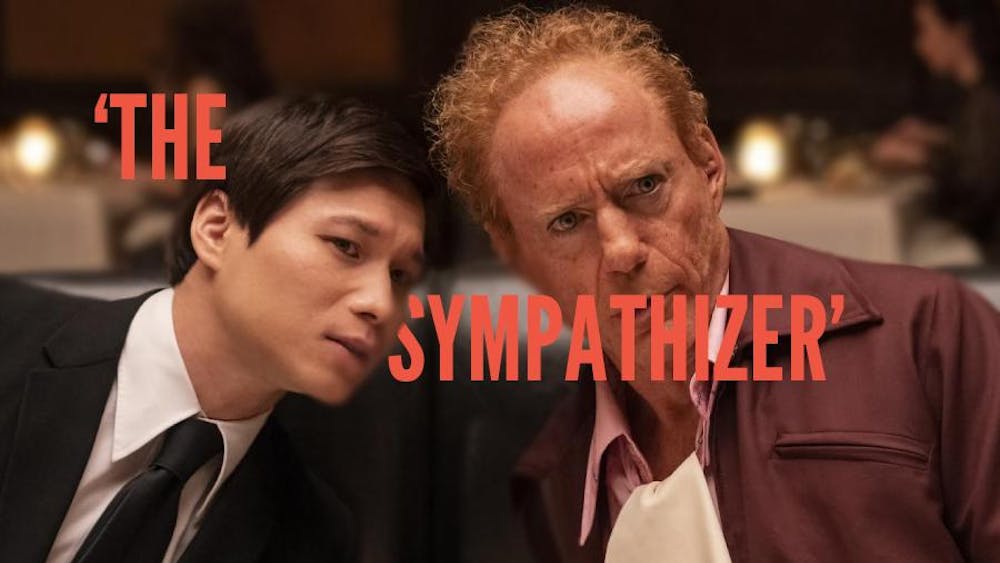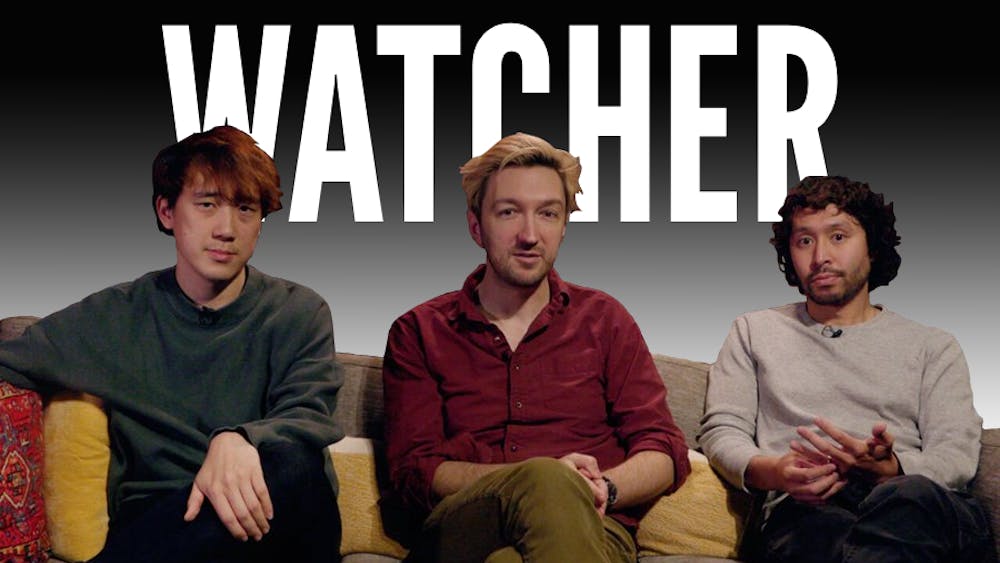
We stand on the shoulders of giants, but refuse to question their infallibility. This noxious rigidity is the metastasis of blind faith: who are our “forefathers” and why do we care? What do they know that we know not better now?
This anti-dogmatic thesis saturates Ben Frost’s latest studio record, “The Centre Cannot Hold,” with the cathartic trauma of intellectual conversion. It’s the logical continuation of Frost’s meditations on authority and power that defined his stunning 2014 effort, “A U R O R A.”
Largely, indeed, Frost’s subversive attitude is not in conflict with religion — the quintessential source of infallible doctrine — but with “civilization” and its problematic normalization of mutually assured self-destruction. While it would be reductionist to describe the record as a reaction to “the Trump era,” the record’s gripping, high-energy ambiance does react to contemporary geopolitics.
Most obviously, the twinkling 12 seconds of “A Single Hellfire Missile Costs $100,000” function not as music but rather as a moral statement, especially when coupled with the quiet, morose trembling of “Healthcare.”
As always, Frost’s industrial noise soundscapes strongly evoke his usual theme of dread. The cyclopean synths on “Eurydice’s Heel” soundtrack Orpheus’ quest to revive the nymph, but the track’s conclusion, channeling William Basinski, mourns through its cyclical disintegration, investigating the mortal’s inevitable failure, and perhaps the inevitability of death.
Frost also understands, however, that death is not the ultimate consequence of suffering; to survive the 21st century’s assault on common humanity is, strictly speaking, not enough, as trauma eternally victimizes.
“Trauma Theory” thus becomes one of the record’s most powerful statements: through the track’s psychedelic assault of bright noise ringing within cavernous darkness, Frost expresses the harrowing cognitive dissonance that manifests when trauma meets faith.
These two polar forces war recurrently over the course of the contested record, and are even represented in the record sleeve’s imagery: the white innocence of hope and the dark blue pandemic of despair. While they can temporarily coexist, they are mutually exclusive; the psyche’s zero-sum tension. Because each necessarily seeks to overcome the other, Frost declares, the center cannot hold.
Wasting no time, Frost viscerally explores this phenomenological liminality on the record’s opening track, “Threshold of Faith” — the record’s most dynamic and complete artistic statement. The track’s low-end pulse grips the body with freezing horror, and the increasingly sharper high-end progression culminates either in transcendence or in desolation. But it must be the latter, for the track alludes to the downfall of giants on whom we’ve placed our trust — that is, what happens when compounded suffering reaches over the threshold.
Every successive moment on the record, then, explores this experience of hopelessness; namely, the realization that — as the penultimate track explicitly puts it — “All That You Love Will Be Eviscerated.” Naturally, this makes “The Centre Cannot Hold” gruesome from start to finish, especially in the absence of Frost’s pop-structure sensibility that heavily marked “A U R O R A;” but these departures also make the record more compelling.
The record ends, unsurprisingly, with an unhappy conclusion Frost offers on the record’s final track, “Entropy in Blue,” the chaotic resolution when despair finally — perhaps inevitably — overcomes.
--
Artist: Ben Frost
Album: “The Centre Cannot Hold”
Label: Mute
Favorite Track: “Threshold of Faith”
If you like: Prurient, Untold, Puce Mary
Shamrocks: 4 out of 5













